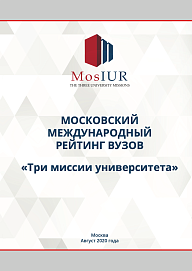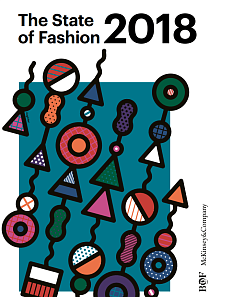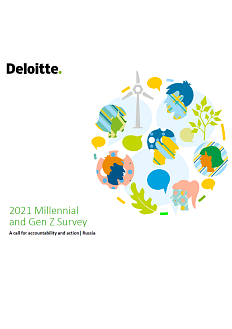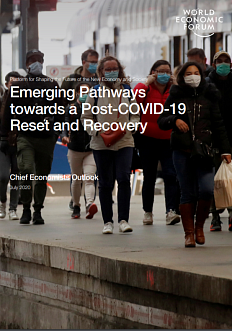The rating uses a number of new criteria calculated based on objective data and excludes subjective reputation surveys.
The top 30 on the «Education» criterion included 13 universities from Europe (including Lomonosov Moscow State University), 13 from the United States, two more from China and one each from Japan and Hong Kong.
The top 30 universities in science are the universities located in the USA, Canada, UK and Australia. And among the countries where the official language is not English, only Technion entered the top thirty — Israeli University of Technology in Haifa.
The top 30 universities from the USA, Canada, Mexico, Brazil, Russia, Great Britain, Japan, China, Hong Kong, Taiwan and Australia were included in the «University and Society» criterion.
Russia looks good against the world background. The assets of domestic universities include the quality of education, the provision of students with scientific and pedagogical personnel, as well as the level of communication development between universities and society.
Russian universities are not inferior to German and Chinese universities in terms of provision of students with scientific and pedagogical personnel and surpass Great Britain (0.11 employees per student in Russia, Germany and China and 0.09 in Great Britain).
The indicators related to the «third mission» became an important aid to the growth of Russian universities in 2020. Russia has made the greatest progress on two indicators — the number of mass open online courses (MOOC) and the size of the number of internet users of websites.
Unexpectedly dynamic growth in 2020 was demonstrated by Russian universities according to the criterion, the importance of which decreased almost in all countries of the world: the number of internet users of the websites of Russian universities increased by 69%, which was an unprecedented result against the background of the global trend to reduce the number of universities websites` users.
The rating made it possible to put the competitive position of Russian education into perspective, identify its advantages and disadvantages.
In terms of funding Russian universities are inferior to foreign competitors: funding per student in Russia is 4 times less than in the U.S., and 2 times less than in China.
Compared to last year’s rating, on average, the academic personnel/student ratio in Russia has decreased, which is considered as a consequence of government policy to optimise personnel in the educational sector.
Russian universities cope less successfully with the scientific mission than with the educational one. According to the Web of Science Core Collection, the citation rate of Russian universities is 2.5 times lower than that of universities in the leading countries by this parameter.
In terms of the development of communications of the University and the Russian society there is also something else to work on: for example, in terms of activity in social networks, Russian universities today can be classified as outsiders.






